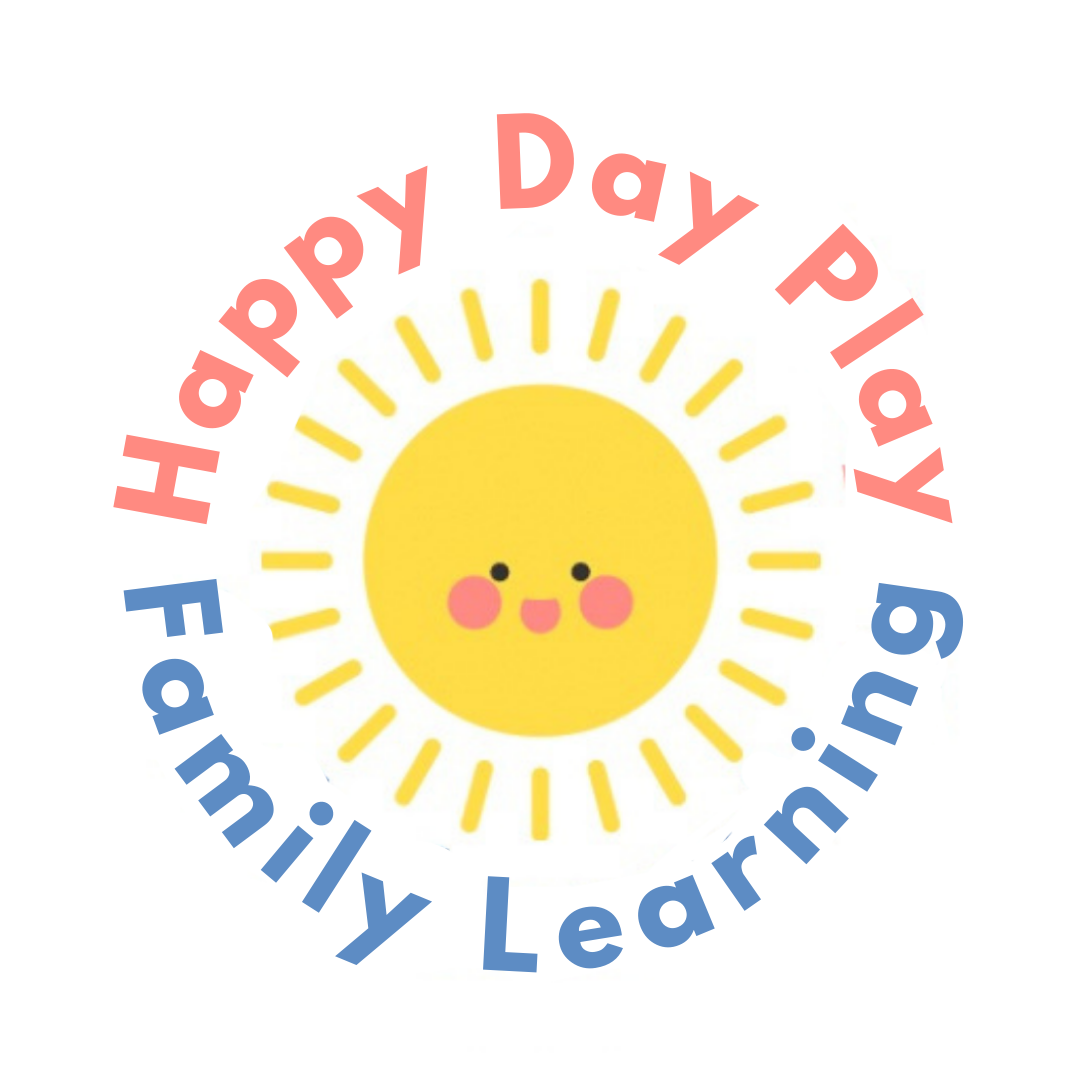Family Life Education: Nurturing Stronger Bonds and Lifelong Learning
Family life is a dynamic journey filled with shared experiences, challenges, and moments of growth. At the heart of this journey lies the profound concept of Family Life Education (FLE).
But what does Family Life Education really mean, and how does it contribute to building stronger, more resilient families?
Understanding Family Life Education
Family Life Education is a field of study and practice that seeks to empower individuals and families with the knowledge, skills, and attitudes necessary to create and maintain healthy relationships. It goes beyond traditional education, encompassing a holistic approach that addresses various aspects of family dynamics. The overarching goal is to enhance the well-being of families and individuals — including its littlest members, fostering positive interactions, effective communication, and the ability to navigate life optimally, together.
Key Components of Family Life Education
With Family Life Education encompassing a vast array of areas, let's explore a handful of the most widely recognized and adaptable usages and skillsets.
Parenting Education
Family Life Education recognizes the critical role of parenting in shaping a child's development. It provides parents with insights into child psychology, age-appropriate expectations, and effective parenting strategies grounded in an array of emerging scientific research and methodologies. By understanding the needs of their children and of themselves as caregivers, parents can create nurturing environments that support growth of the entire family unit.
Relationship Education
Building and maintaining healthy relationships is a central focus of Family Life Education. Whether it's between you and your children, spouses, siblings, or extended family members, understanding the dynamics of relationships helps foster mutual respect, empathy, and support needed for healthy development.
Communication Skills
Effective communication is the cornerstone of healthy family relationships. FLE equips individuals with the tools to express themselves, listen actively, and resolve conflicts constructively. By honing communication skills, families can build understanding and strengthen their connections.
Life Skills
FLE extends beyond the immediate family unit, addressing essential life skills. Topics may include financial literacy, time management, stress coping mechanisms, and decision-making. By imparting practical life skills, individuals and families are better equipped to navigate the complexities of daily life that touches the family unit.
Crisis and Stress Management
Life is filled with challenges, and Family Life Education prepares individuals and families to cope with crises and manage stress effectively. This involves developing resilience, seeking support, and maintaining mental well-being during difficult times.
The Role of Family Life Educators
Family Life Educators play a pivotal role in delivering Family Life Education programs. These professionals, often trained in psychology, sociology, and education, facilitate workshops, classes, and interventions that address the diverse needs of families. They provide evidence-based information, create a safe space for discussion, and offer guidance tailored to the unique circumstances of each family.
The Impact on Families
The significance of Family Life Education lies in its potential to transform family dynamics. Families that engage in FLE often report improved communication, enhanced problem-solving skills, and a greater sense of cohesion. By fostering a culture of continuous learning within the family, FLE contributes to creating environments where individuals feel supported, understood, and equipped to face life's challenges together.
Embracing Lifelong Learning
Family Life Education emphasizes the concept of lifelong learning within the family context. As families grow and evolve, so do the challenges they face. FLE encourages a mindset of continuous learning, adaptation, and openness to new information. This approach ensures that families remain resilient and responsive to the changing dynamics of life.
Key Takeaway
In essence, Family Life Education is the compass that guides families on their journey of growth, understanding, and connection. It is a commitment to lifelong learning, empowering individuals and families to navigate the complexities of relationships with knowledge and compassion. By embracing the principles of FLE, families can build stronger bonds, foster positive environments, and embark on a journey of continuous growth and resilience together.


